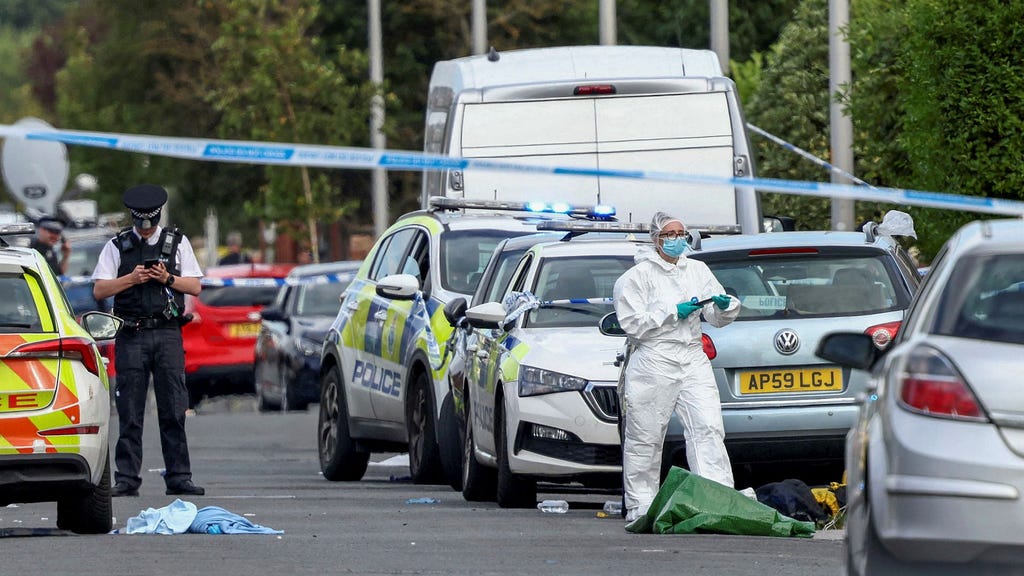The horrific events of July 29th, 2024, forever scarred the community of Southport, England. An 18-year-old, Axel Rudakubana, unleashed a brutal knife attack during a Taylor Swift-themed dance workshop, tragically ending the lives of three young girls aged six, seven, and nine. The carnage extended beyond these innocent victims, leaving eight other children and two adults injured. The judge presiding over the case struggled to comprehend the extreme and gratuitous violence exhibited by Rudakubana, describing it as an act of incomprehensible savagery.
The court meticulously examined the premeditated nature of the attack. Rudakubana meticulously planned the massacre, procuring a knife with a particularly sharp blade and researching effective stabbing techniques. He even investigated the details of the dance class prior to the event. This calculated preparation, combined with the sheer scale of the violence, led the judge to conclude that Rudakubana intended to kill as many people as possible. His chilling actions painted a picture of a disturbed individual driven by a dark and sinister purpose.
For his heinous crimes, Rudakubana received a life sentence with a minimum term of 52 years. Although he was 17 years old at the time of the murders, just nine days shy of his 18th birthday, the severity of his actions warranted a substantial sentence. While a parole board will eventually review his case, the judge expressed serious doubts that Rudakubana would ever be released back into society. The profound and irreversible damage inflicted upon the victims, their families, and the community of Southport demanded a sentence that reflected the magnitude of his horrific actions.
Beyond the triple homicide, Rudakubana pleaded guilty to the attempted murder of ten other individuals present at the dance workshop. He also admitted to producing the deadly poison ricin, though it was not used in the attack. Throughout the trial, Rudakubana’s behavior was erratic, marked by outbursts and complaints about hunger and thirst, leading to his removal from the courtroom on several occasions. A subsequent police search of his residence uncovered an al-Qaeda training manual, raising further concerns about his potential motivations. While a definitive motive remains elusive, the judge likened the attack to terrorism, regardless of Rudakubana’s specific intent.
The aftermath of the attack was further complicated by a wave of anti-Islamic sentiment and unrest across the United Kingdom. Authorities worked diligently to quell these reactions, emphasizing that Rudakubana, despite the discovered training manual, was born in Wales and raised in a Christian family of Rwandan origin. The judge explicitly stated that Rudakubana bore no responsibility for the riots that erupted in the wake of the attack, underscoring that the unrest was a separate issue not directly attributable to his actions.
The sentencing brought a palpable sense of relief and closure to the families of the victims, who gasped audibly as the verdict was read. They sought solace in each other’s arms outside the courtroom, their shared grief and pain a testament to the devastating impact of Rudakubana’s crimes. While the justice system had run its course, the emotional scars left by this senseless act of violence will undoubtedly endure for generations to come. The community of Southport, and indeed the entire nation, continues to grapple with the profound questions raised by this horrific tragedy.














